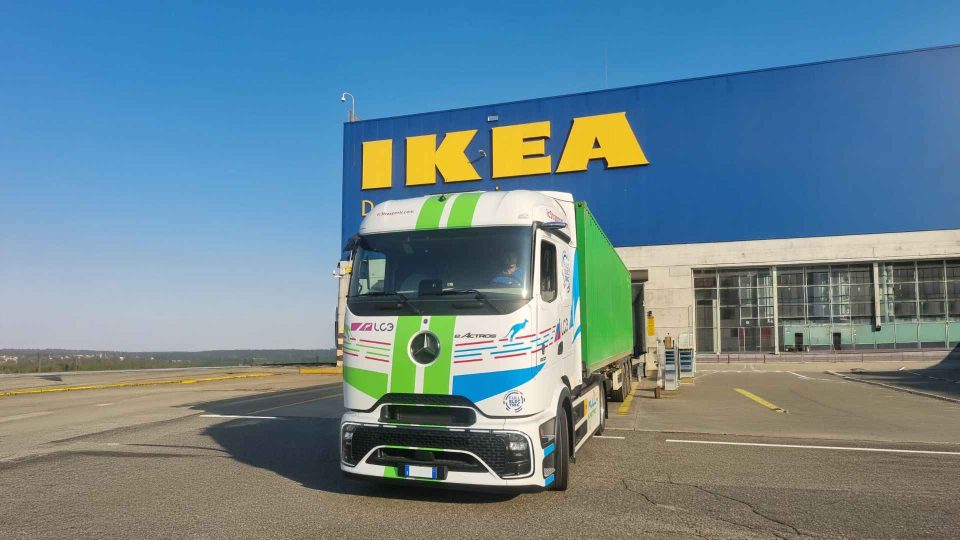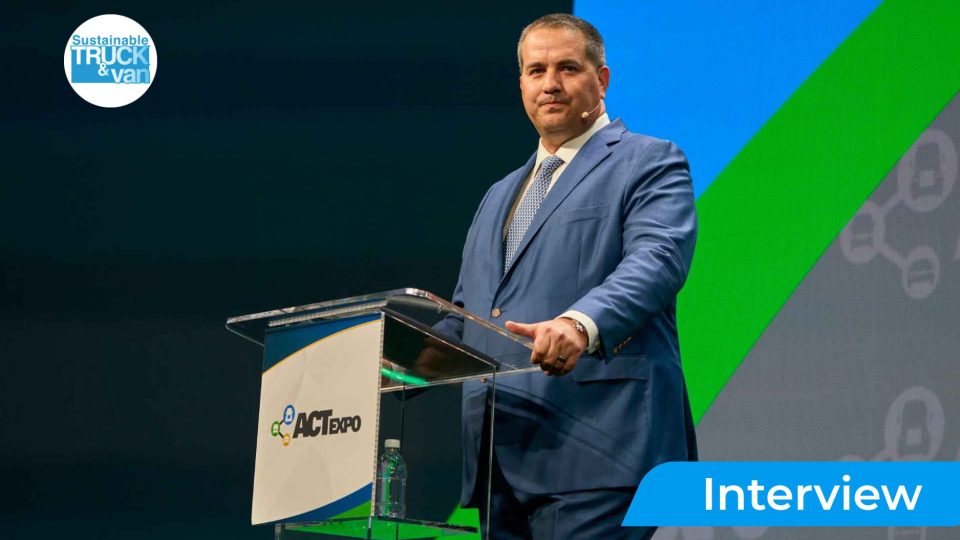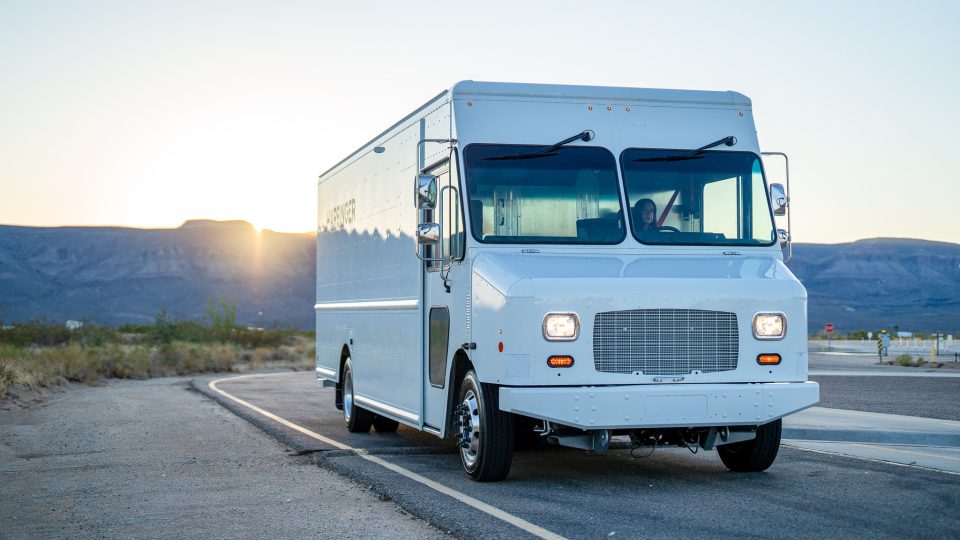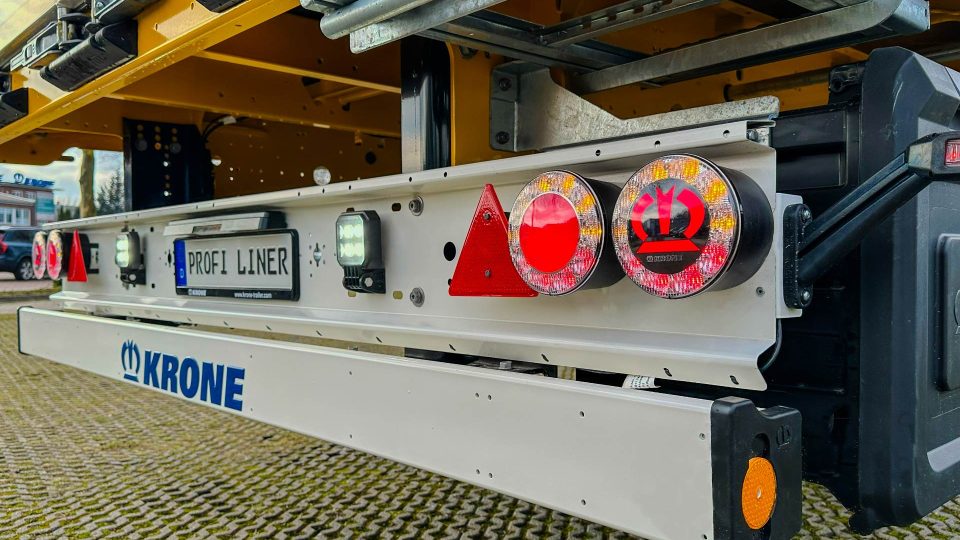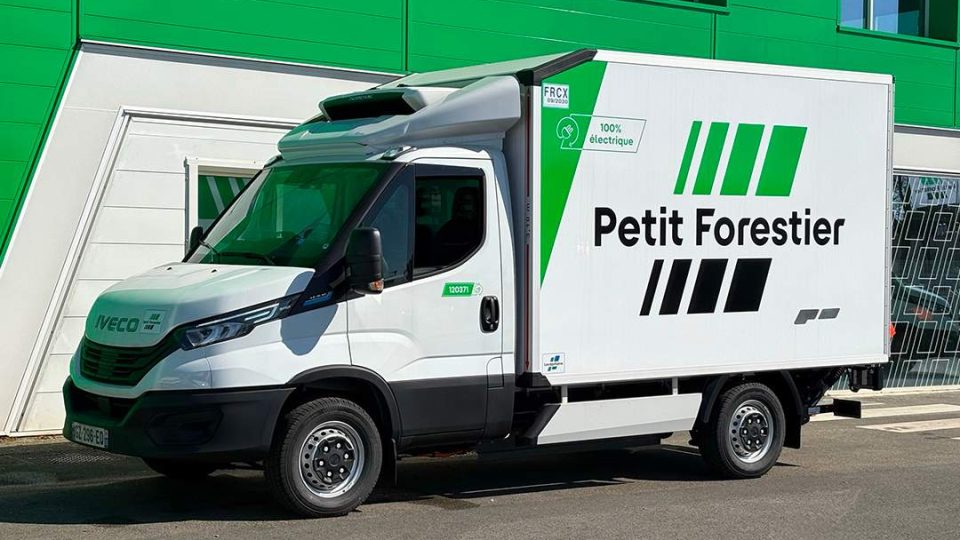Volvo Trucks slightly increased truck sales in 2023. Almost 50% of heavy-duty electric trucks in Europe is a Volvo
Volvo Trucks retained its strong position in the electric truck market with total global deliveries of 1,977 electric trucks during 2023, an increase of 256 percent compared to the previous year. Volvo’s share of the electric heavy-duty segment in Europe increased to 47.2 percent.
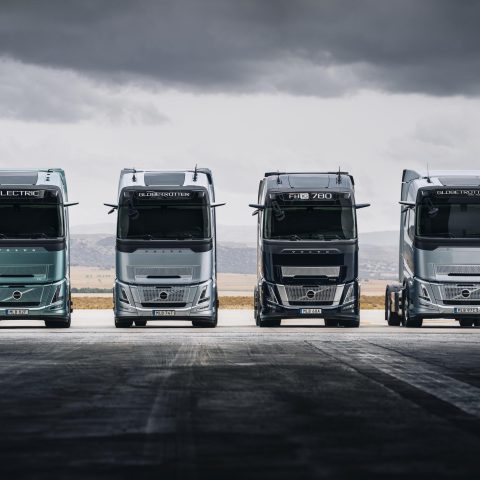
Volvo Truck’s total truck deliveries increased slightly to an all-time high of 145,395 trucks (2022: 145,195) with the top three markets being the United States, Brazil, and the United Kingdom. The Swedish manufacturer also retained its strong position in the electric truck market with total global deliveries of 1,977 electric trucks during 2023, an increase of 256 percent compared to the previous year. Volvo’s share of the electric heavy-duty segment in Europe increased to 47.2 percent (it was 32.3 percent last year).
Volvo Trucks added three new models in 2024
Volvo Trucks has recently expanded its electric range with two new models – the new Volvo FH Aero Electric and the new Volvo FM Low Entry, which is the company’s first model developed only with a fully electric powertrain. In addition, the newly-introduced all-new Volvo VNL long-haul heavy-duty truck for the North American market is based on an all-new platform that will deliver up to 10 percent* better fuel economy when compared to the previous generation.
“I am really proud of our performance in 2023 – another record year! This is a clear proof point that our customers appreciate the fuel efficiency, safety, and uptime of our trucks”, said Roger Alm, President, Volvo Trucks. “With our latest launches, we strengthen our leading position in the industry. Our electric trucks are in serial production and in commercial traffic – cutting emissions for our customers every day”.



